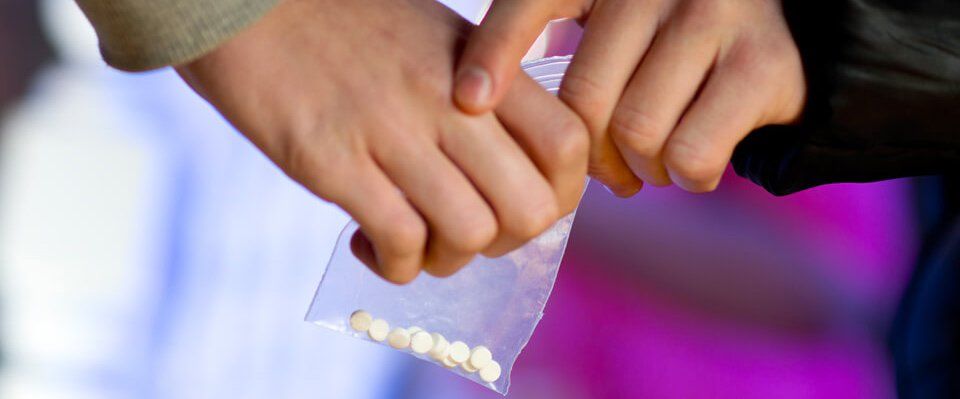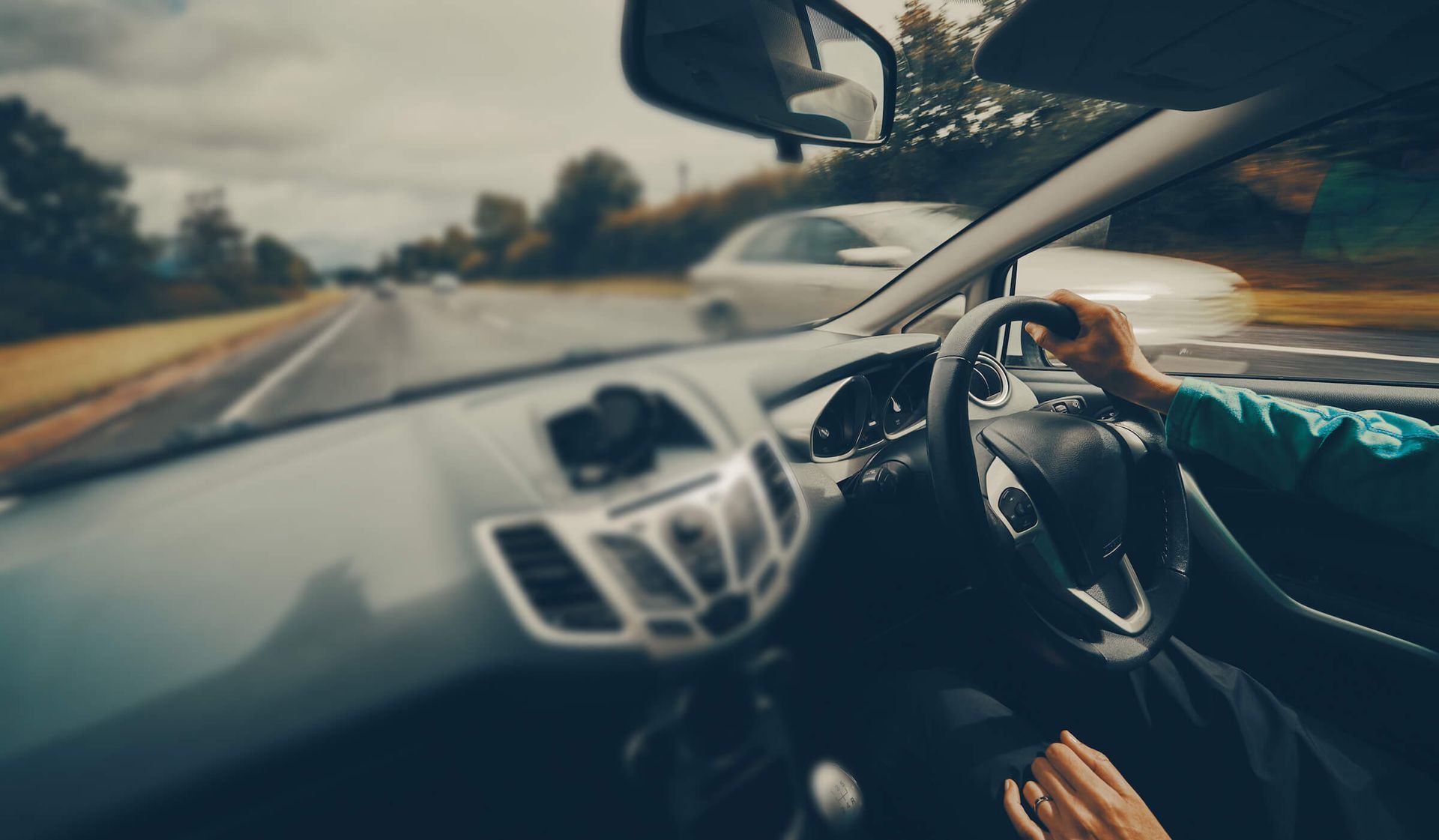Everything You Need To Know About Drug Offences

Facing a drug charge can be a daunting experience and you may not know what to expect.
Read on to find out about types of controlled drug classifications, the possible sentences you can receive and when you may need to consult with criminal law solicitors.
What are controlled drugs?
There are 3 classes of controlled drugs. These classifications are based on their relative degree of overall harm from misuse.
Class A
This includes crack cocaine, cocaine, ecstasy (MDMA), heroin, LSD, magic mushrooms, methadone, methamphetamine (crystal meth)
Class B
This includes amphetamines, barbiturates, cannabis, codeine, ketamine, methylphenidate (Ritalin), synthetic cannabinoids, synthetic cathinone's (for example mephedrone, methoxetamine)
Class C
This includes anabolic steroids, benzodiazepines (diazepam), gamma hydroxybutyrate (GHB), gamma-butyrolactone (GBL), piperazines (BZP), khat
Temporary class drugs
This covers new drugs the government can ban for a year before it is decided how they should be classed.
Psychoactive substances
Things that cause hallucinations, drowsiness or changes in alertness, perception of time and space, mood or empathy with others, e.g. nitrous oxide (laughing gas)
What can I be charged with?
You can be charged with a range of drug offences under the law. The penalties are often dependent on a number of circumstantial factors, including the drug classification, amount of controlled substances involved and whether it’s your first time offending.
Possession of drugs
Carrying controlled drugs is illegal - even if the drugs were not yours or you did not know you were carrying a controlled drug, you can still be charged.
Supply of drugs
Supplying drugs includes sharing or dealing controlled drugs - even if just with friends.
Possession of drugs with intent to supply
This is a more serious charge that often requires substantial proof or evidence, including witness testimony or surveillance.
Importation
Importation charges arise when you’ve been accused of illegally importing or exporting a controlled drug.
Drug production
If you’re facing drug production charges, it’s most likely because someone has identified you as a participant in the process of producing an illegal drug, by making it, growing it or any other method.
What are the maximum sentencing options for drug offences?
Class A
● Possession: 7 years’ custody, an unlimited fine or both
● Supply, production and importation: Life sentence, an unlimited fine or both
Class B
● Possession: 5 years’ custody, an unlimited fine or both
● Supply, production and importation: 14 years’ custody, an unlimited fine or both
Class C
● Possession: 2 years’ custody, an unlimited fine or both
● Supply, production and importation: 14 years’ custody, an unlimited fine or both
Psychoactive substances
● Possession: None, unless you’re in prison
● Supply, production and importation: 7 years’ custody, an unlimited fine or both
Temporary class drugs
- Possession: None, but the police can take away the drug
- Supply, production and importation: 14 years’ custody, an unlimited fine or both
What should I do next?
If you’re facing a drug charge, it’s important to take it seriously. Criminal charges brought against you alleging substance abuse can affect your reputation, career and personal and business relationships.
Seeking legal representation is crucial when you’re being charged with a
drug offence. Our criminal lawyers at Lefevre Litigation have extensive experience in the handling of cases involving drugs, with robust and in-depth knowledge of the Misuse of Drugs Act 1971 and the legal proceedings that this piece of legislation calls for.
Contact us now to discuss your options.










